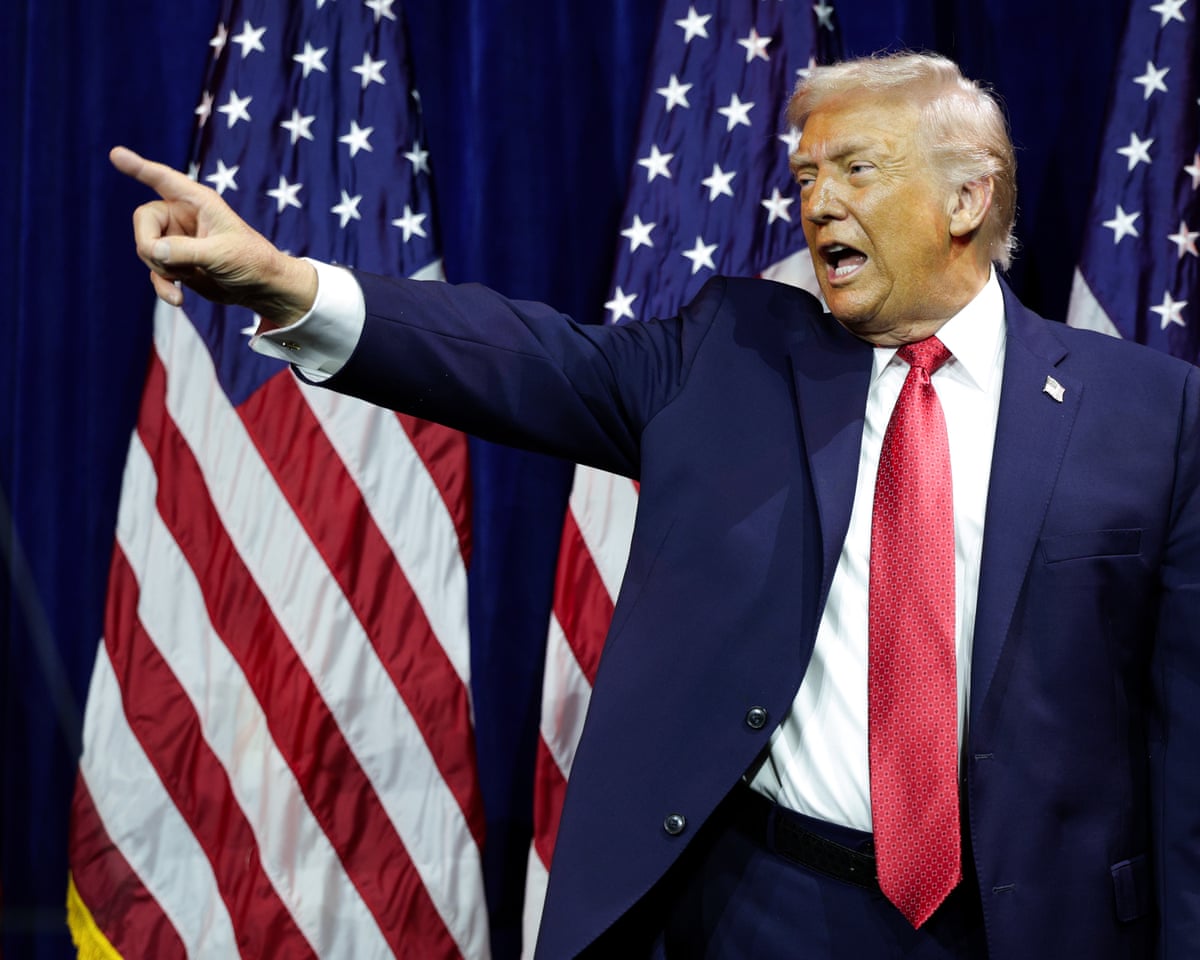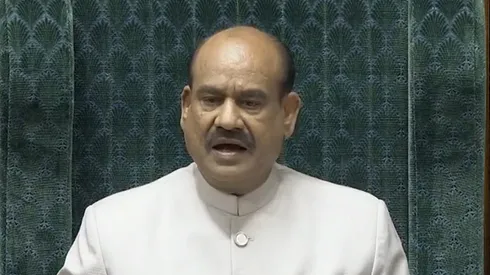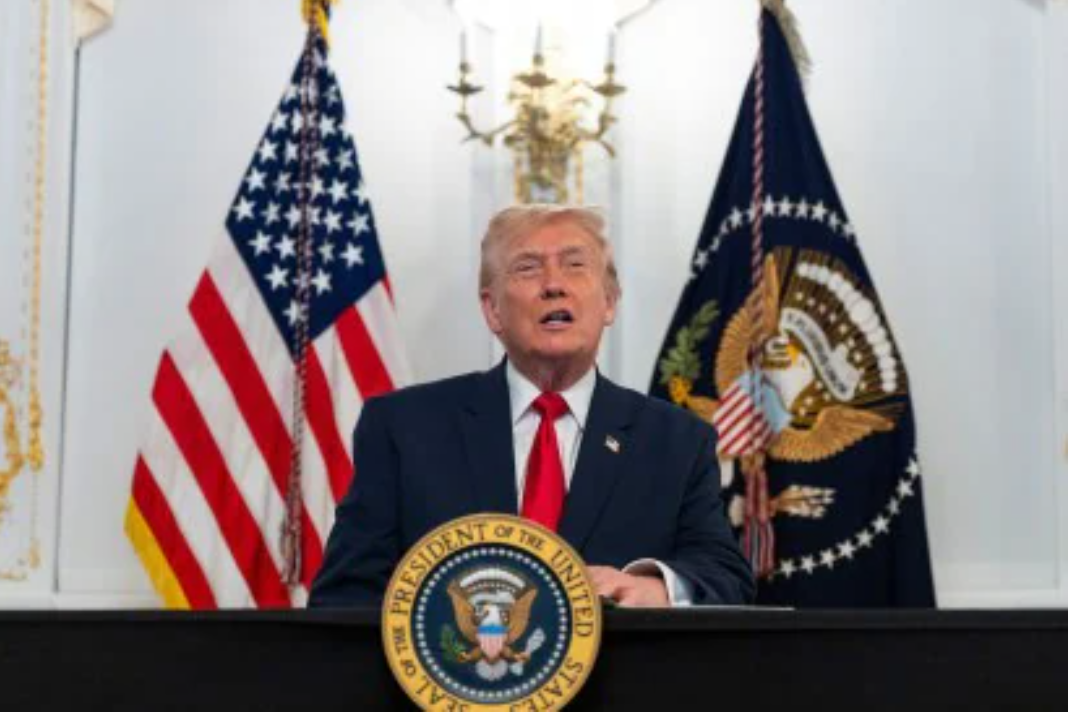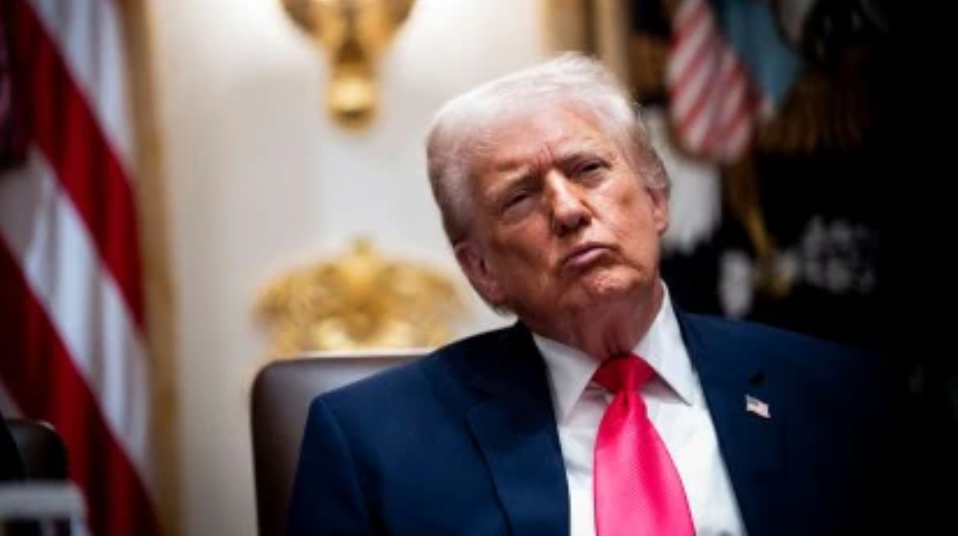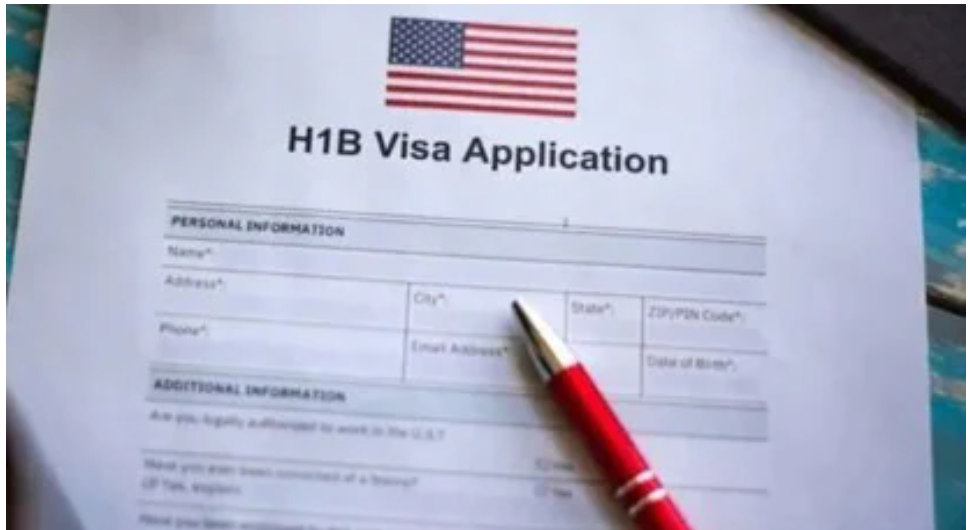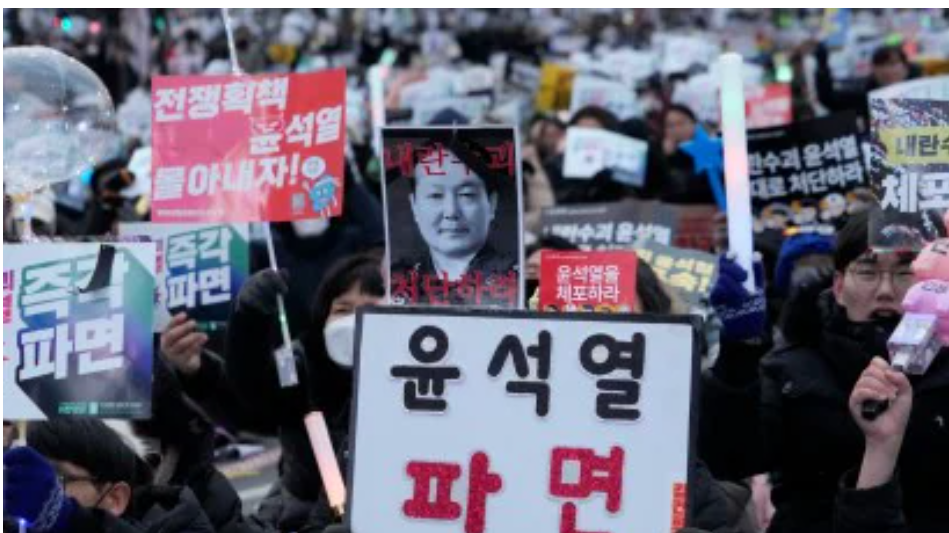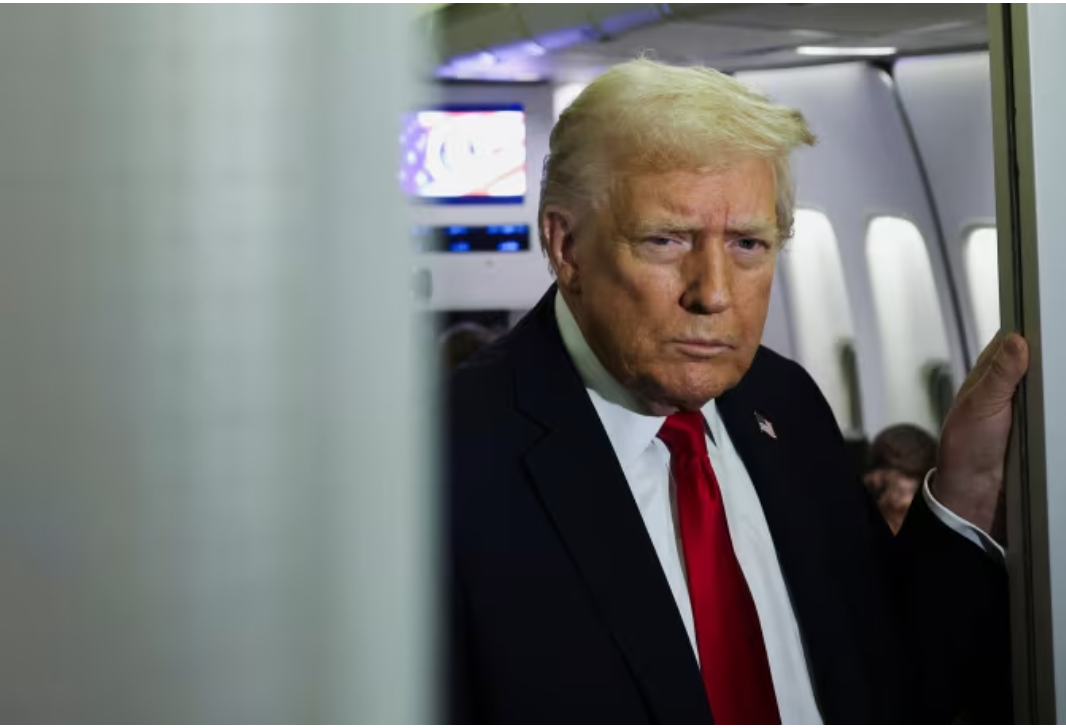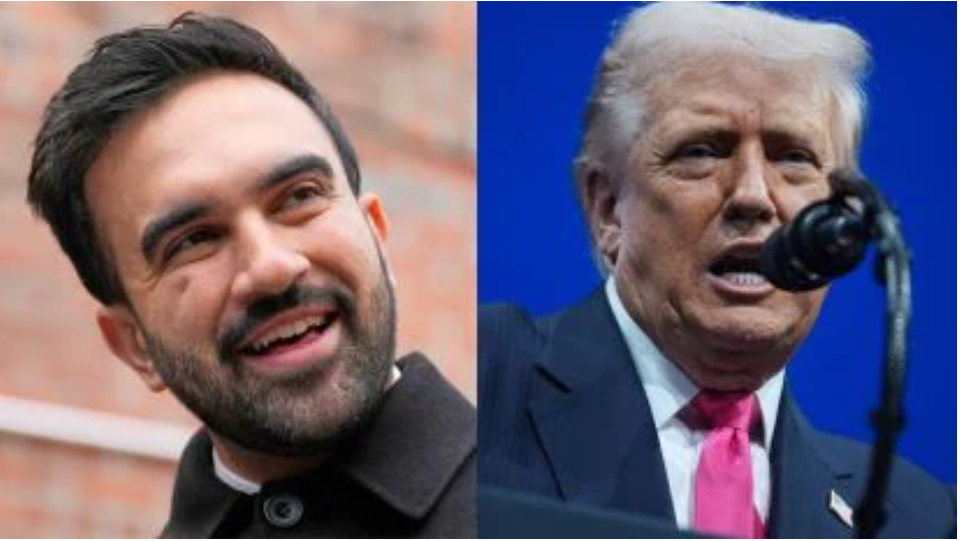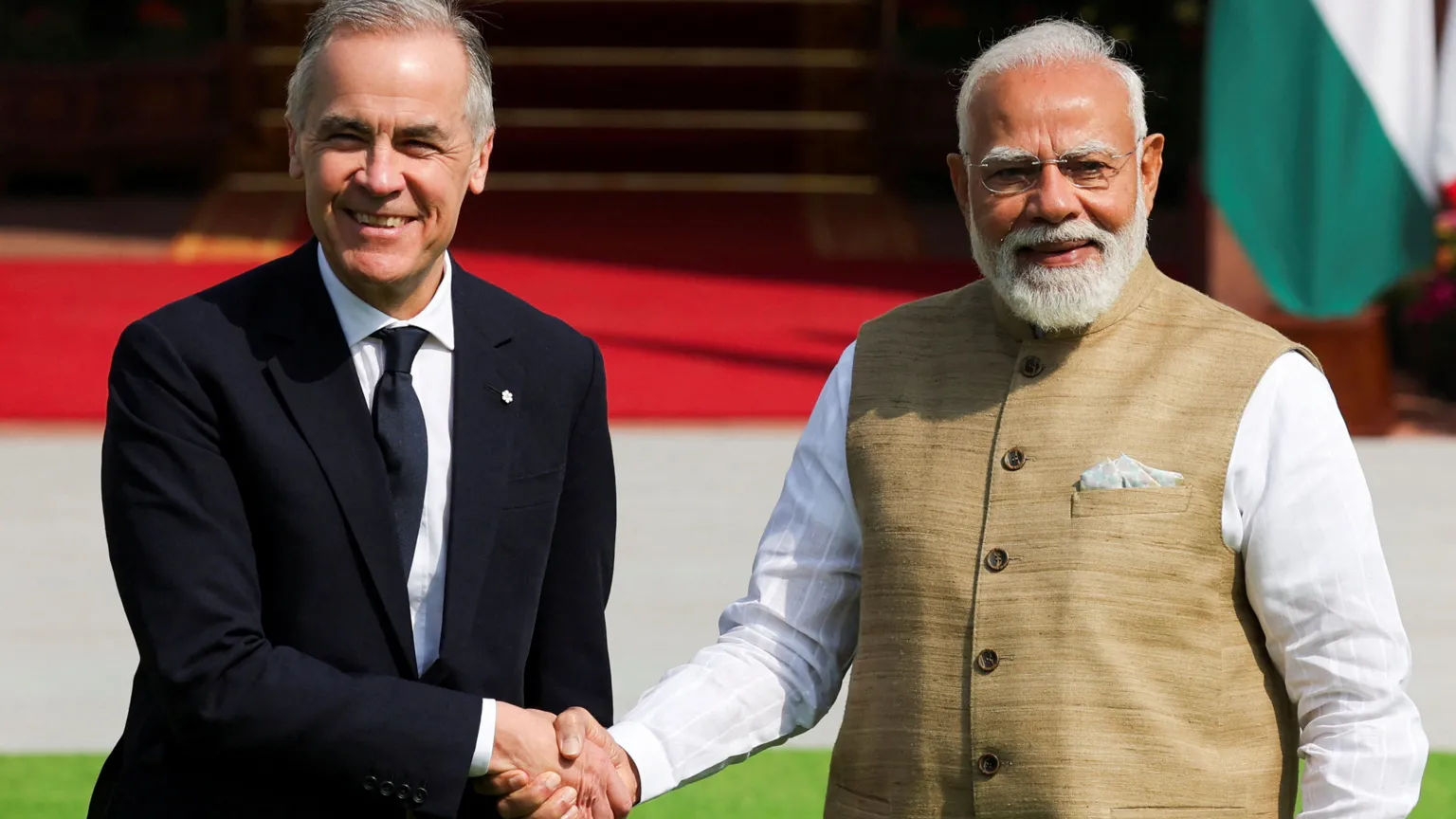By Manisha Sahu, America News World November 11 2025
President Donald Trump warned on Monday that the United States faces an “economic and national security disaster” if the Supreme Court of the United States rules against his sweeping tariff plan, which he says is fundamental to his economic agenda.

Trump said his administration will issue a $2,000 payment to lower- and middle‐income Americans using the dividend from the tariff revenues, while the remainder of the proceeds will be directed towards reducing U.S. debt.
A bold claim — and a big policy
Speaking at the swearing-in of his new envoy to India, the White House referenced the tariffs as both a revenue generator and a national security tool. “We’re going to issue a dividend to our middle income people and lower income people – about $2,000 – and we’re going to use the remaining tariffs to lower our debt,” Trump said.
His top economic adviser, Kevin Hassett, told reporters that the plan initially focused only on deficit reduction, but due to a “big surge in tax revenues,” the dividend option is now feasible.
The legal crossroads
At the heart of the debate is the question of whether Trump lawfully used the 1977 International Emergency Economic Powers Act (IEEPA) to impose tariffs broad enough to cover virtually all American imports.
During oral arguments at the Supreme Court, justices raised serious doubts. Conservative Justice Amy Coney Barrett asked why the statute does not explicitly mention tariffs, while others pointed to the “major questions” doctrine, which says Congress must clearly authorize actions of vast economic and political significance.
If the court rules against the administration, companies that already paid tariffs under IEEPA may seek refunds of an amount that many estimate to run into the tens or even hundreds of billions of dollars. Trump even claimed the potential liability could go beyond $2 trillion.
Risks for the economy
Analysts say a court decision striking down the tariffs could usher in major trade and economic uncertainty. Lower courts have already signalled that the broad tariffs may exceed presidential authority.
Moreover, the tariffs have ripple effects: they increase import costs, which feed into inflation, disrupt supply-chains, and burden smaller businesses less able to absorb sudden cost shocks.
Trump, facing sagging poll numbers amid inflation-driven public concerns, is using his tariff programme and proposed dividend as a centerpiece of his pitch to voters.
What’s at stake for trade & authority
Should the Supreme Court curb Trump’s tariff authority, it would mark a significant blow to one of his most aggressive trade policy tools. It would also reaffirm limits on presidential power in shaping trade policy without full legislative backing.
However, officials suggest the administration is ready with alternative legal pathways — employing other trade statutes such as those with more specific language on tariffs (e.g., Section 232, Section 301) should IEEPA be invalidated.
What comes next
For now, the tariffs remain in effect, and the U.S. economy continues to navigate through higher import costs and trade tension. The Supreme Court’s ruling, expected in the coming months, will shape the future of U.S. trade policy and the balance of power between the presidency and Congress.
For citizens, the promised $2,000 tariff-dividend and the associated debt-reduction plan hinge on the outcome of the legal fight. For businesses, legal ambiguity adds to the cost and planning burden. For global partners, the case raises questions about the stability of U.S. trade commitments.
Final word
President Trump has framed the tariffs as both an economic boon and a national security imperative. But the legality of his approach is now unsettled at the highest level of the judiciary. A ruling against the tariffs would reverberate across markets, the budget, U.S. trade relations and the presidency itself. With so much hanging in the balance, both the legal community and the business world are watching closely.
Discover more from AMERICA NEWS WORLD
Subscribe to get the latest posts sent to your email.


